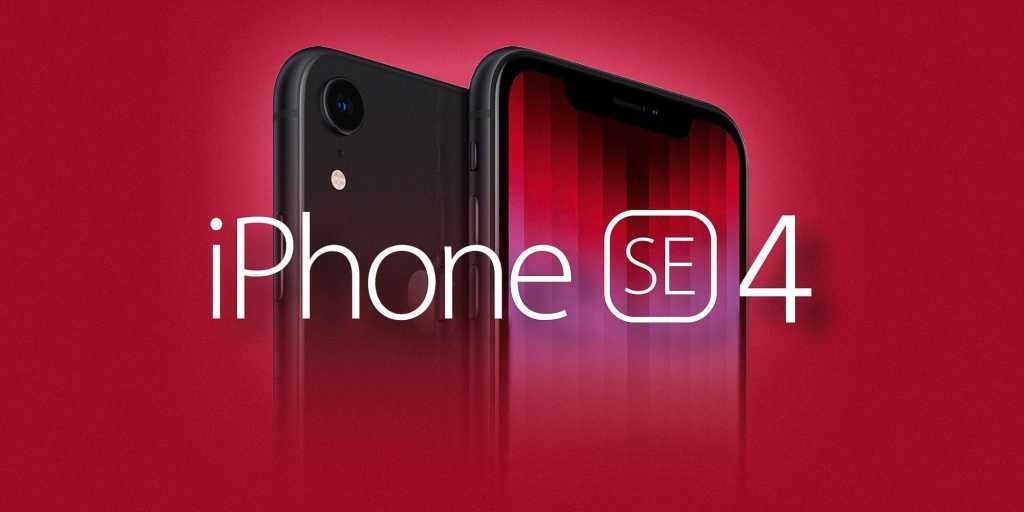In a notable episode of the Joe Rogan Experience, Mark Zuckerberg, the CEO of Meta Platforms, took the opportunity to address the ongoing competition in the technology sector, specifically targeting Apple and its innovation strategies. The conversation, which spanned various topics, provided insights into Zuckerberg’s perspective on the current state of technological advancement and the role of major players in shaping the future.
Zuckerberg’s comments came amid a backdrop of increasing scrutiny on both Meta and Apple regarding their respective approaches to innovation. As the tech industry continues to evolve rapidly, the competition between these two giants has intensified, with each company vying for dominance in areas such as virtual reality, augmented reality, and social media platforms. Zuckerberg’s remarks were particularly pointed, as he suggested that Apple has not been as innovative as it once was, especially in the context of emerging technologies.
During the podcast, Zuckerberg emphasized the importance of continuous innovation in maintaining a competitive edge. He argued that while Apple has historically been a leader in product design and user experience, its recent focus on privacy and security features may have come at the expense of groundbreaking technological advancements. Zuckerberg pointed out that the tech landscape is shifting, and companies must adapt to new trends and consumer demands to remain relevant.
The discussion also touched on the broader implications of innovation in the tech industry. Zuckerberg highlighted the need for companies to not only create new products but also to foster an environment that encourages experimentation and risk-taking. He noted that innovation often requires stepping outside of established norms and exploring uncharted territories, a sentiment that he believes is crucial for the future of technology.
Zuckerberg’s critique of Apple was not merely a personal opinion but rather a reflection of the competitive dynamics that characterize the tech industry. As companies like Meta invest heavily in the development of virtual and augmented reality technologies, the pressure on Apple to respond with its own innovations has increased. Zuckerberg’s comments serve as a reminder that the tech landscape is constantly evolving, and companies must be vigilant in their efforts to push the boundaries of what is possible.
The conversation also delved into the challenges that both companies face in terms of public perception and regulatory scrutiny. Zuckerberg acknowledged that the tech industry is under a microscope, with increasing calls for accountability and transparency. He suggested that this environment could stifle innovation if companies become overly cautious in their decision-making processes. The balance between innovation and compliance with regulatory standards is a delicate one, and Zuckerberg’s insights shed light on the complexities involved.
As the podcast progressed, Zuckerberg also discussed the role of competition in driving innovation. He argued that healthy competition can lead to better products and services for consumers, as companies strive to outdo one another. This competitive spirit, according to Zuckerberg, is essential for fostering an ecosystem where innovation can thrive. He expressed optimism about the future of technology, emphasizing that the next wave of advancements will likely come from a combination of established players and emerging startups.
In conclusion, Mark Zuckerberg’s appearance on the Joe Rogan Experience provided a platform for him to articulate his views on Apple’s innovation strategies and the broader implications for the tech industry. His critique of Apple highlights the ongoing competition between major players and underscores the importance of continuous innovation in a rapidly changing landscape. As companies navigate the challenges of public perception and regulatory scrutiny, the need for bold and creative approaches to technology remains paramount. The conversation serves as a reminder that the future of innovation will depend on the ability of companies to adapt, experiment, and push the boundaries of what is possible.


